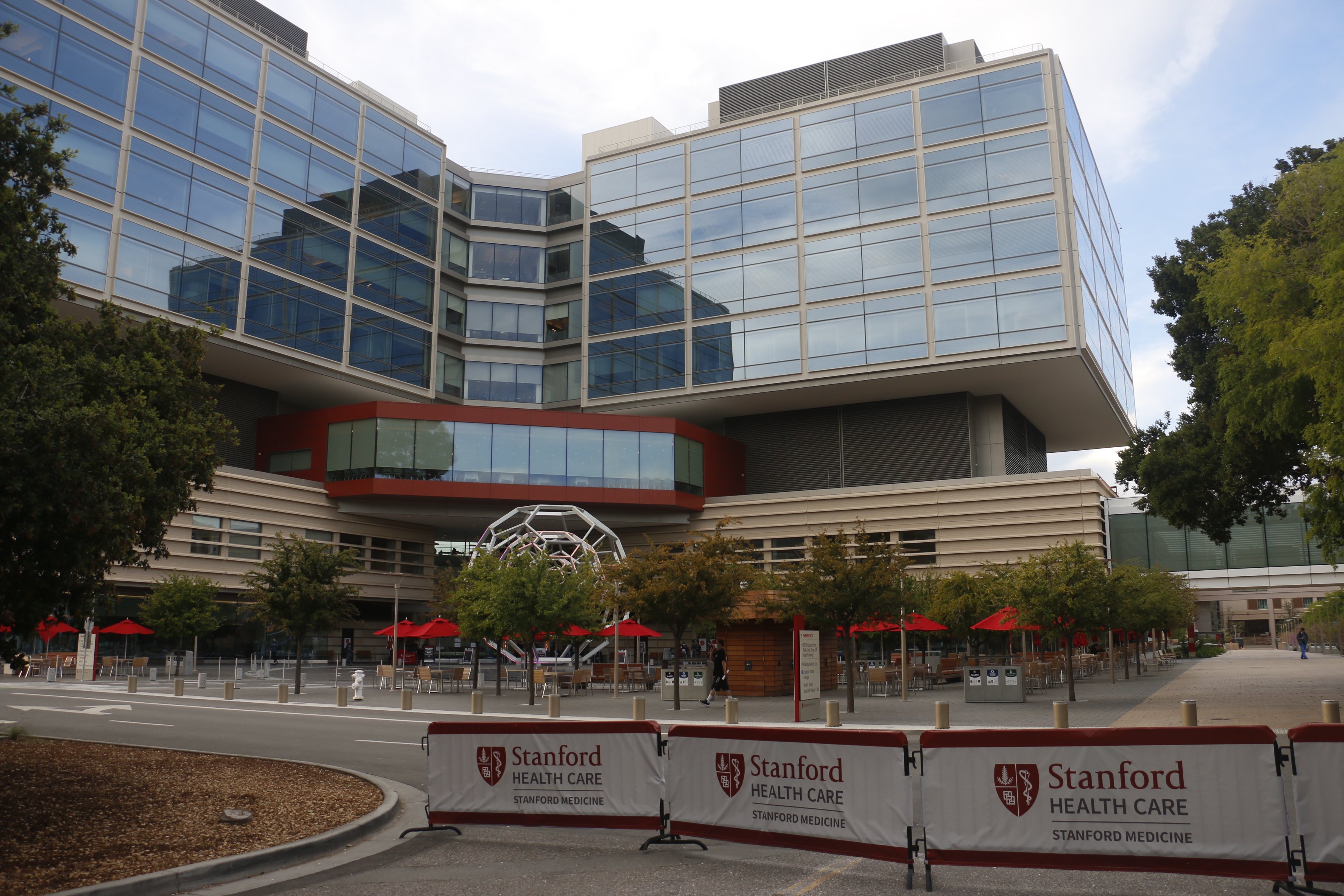Stanford Medicine and Sutter Health have finalized a collaboration that will expand Stanford Cancer Care services throughout the East Bay, increasing cancer care access for underserved communities.
This partnership will provide patients and their families with integrated and comprehensive outpatient cancer-related services. It also includes the construction of a Stanford Oncology outpatient facility with radiation capabilities, an infusion center, outpatient operating rooms and advanced radiology technology.
Lloyd Minor, dean of the Stanford School of Medicine, told Stanford Medicine News that the collaboration “will provide a continuum of care for our patients,” including cancer prevention and screening and access to cancer treatment trials.
Patrick Swift, a radiation oncology clinical professor, wrote that one of the primary goals of the joint-venture is to reach out more effectively to underserved populations. He praised the partnership for its ability to “raise the bar for high quality cancer care” in these communities.
By partnering with Sutter Health’s existing cancer patient support networks throughout the East Bay, Stanford Medicine will expand all aspects of its cancer care supportive services and survivorship programs into these areas.
“The relationship with Sutter is a game changer, since we tap the joint capabilities, networks and deep community ties of both organizations to serve the East Bay community today and into the future,” Stanford Health Care chief market development officer Tip Kim told The Daily in an email.
This expansion is especially important, as most cancer treatments are often prolonged courses of chemotherapy or radiation given over weeks or months, according to Swift.
“They are often weakened and ill, and traveling the crowded highways of the Bay Area to get in to see their physicians in Palo Alto or receive treatments frequently can be emotionally and physically challenging,” Swift wrote.
Kim explained that “asking patients undergoing care to travel long distances and time to get care creates issues, especially for those patients who may need to rely on public transportation.”
Swift said that by bringing both Stanford and Sutter’s knowledge base to communities directly and delivering these treatments close to home, they hope to improve the quality of life of patients and their families.
Clinical assistant professor of medicine at the Stanford Cancer Institute Nam Bui told The Daily the collaborative would also improve access to technology and clinical trials. “Academic centers have a greater depth of clinical trials and access to cancer sub-specialists that are not as readily available in the general community,” Bui wrote. “Although there has been a rise in the use of telemedicine, cancer care is still inherently local and having ready access to Stanford affiliated facilities will be a benefit to those communities.”
